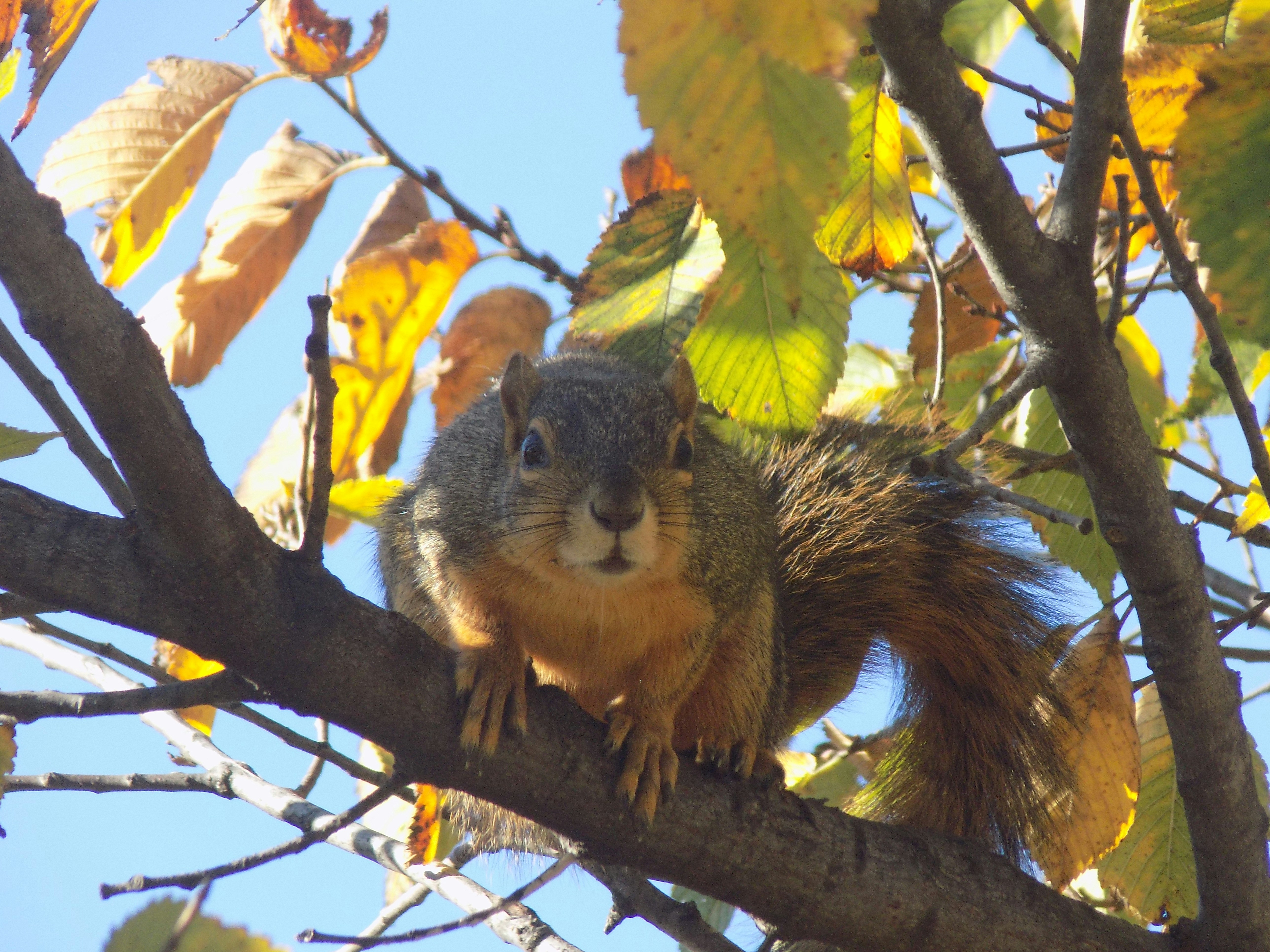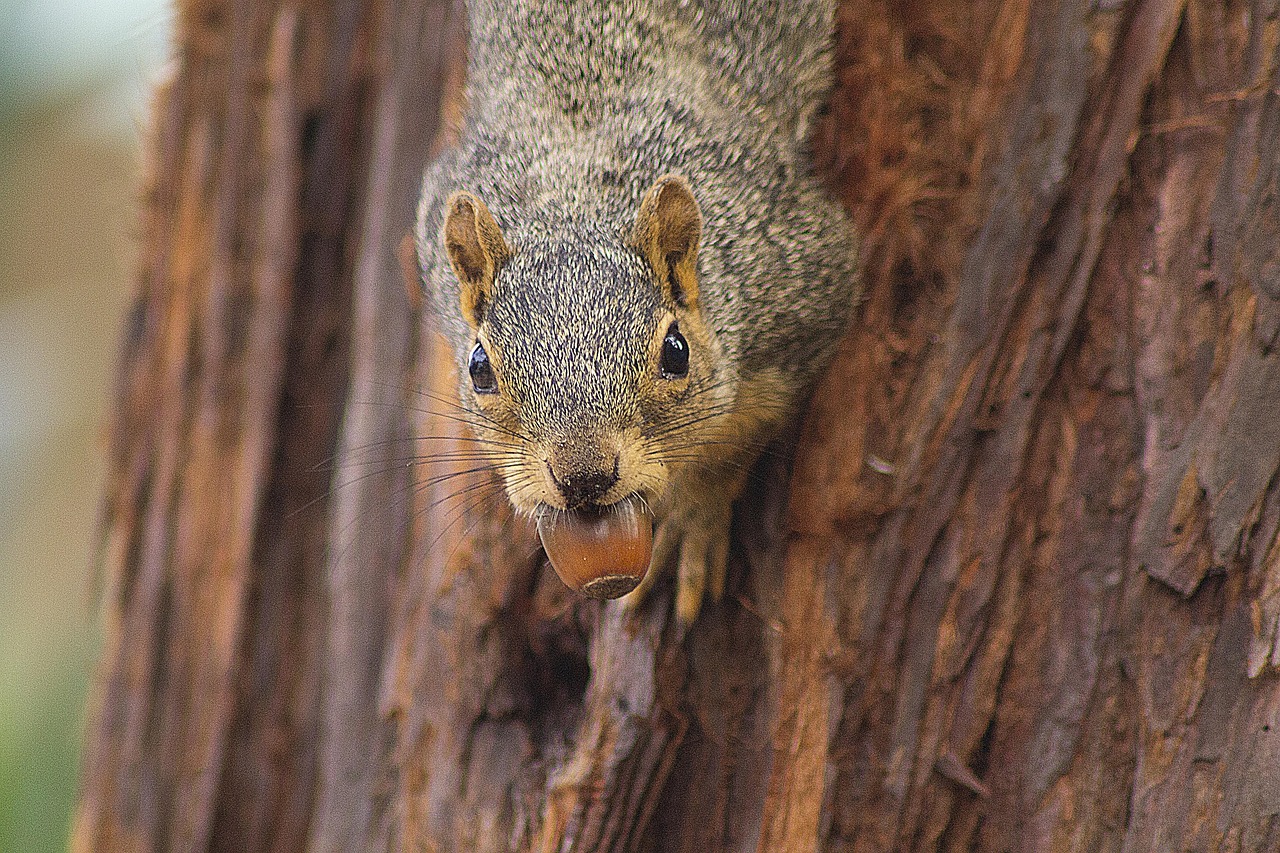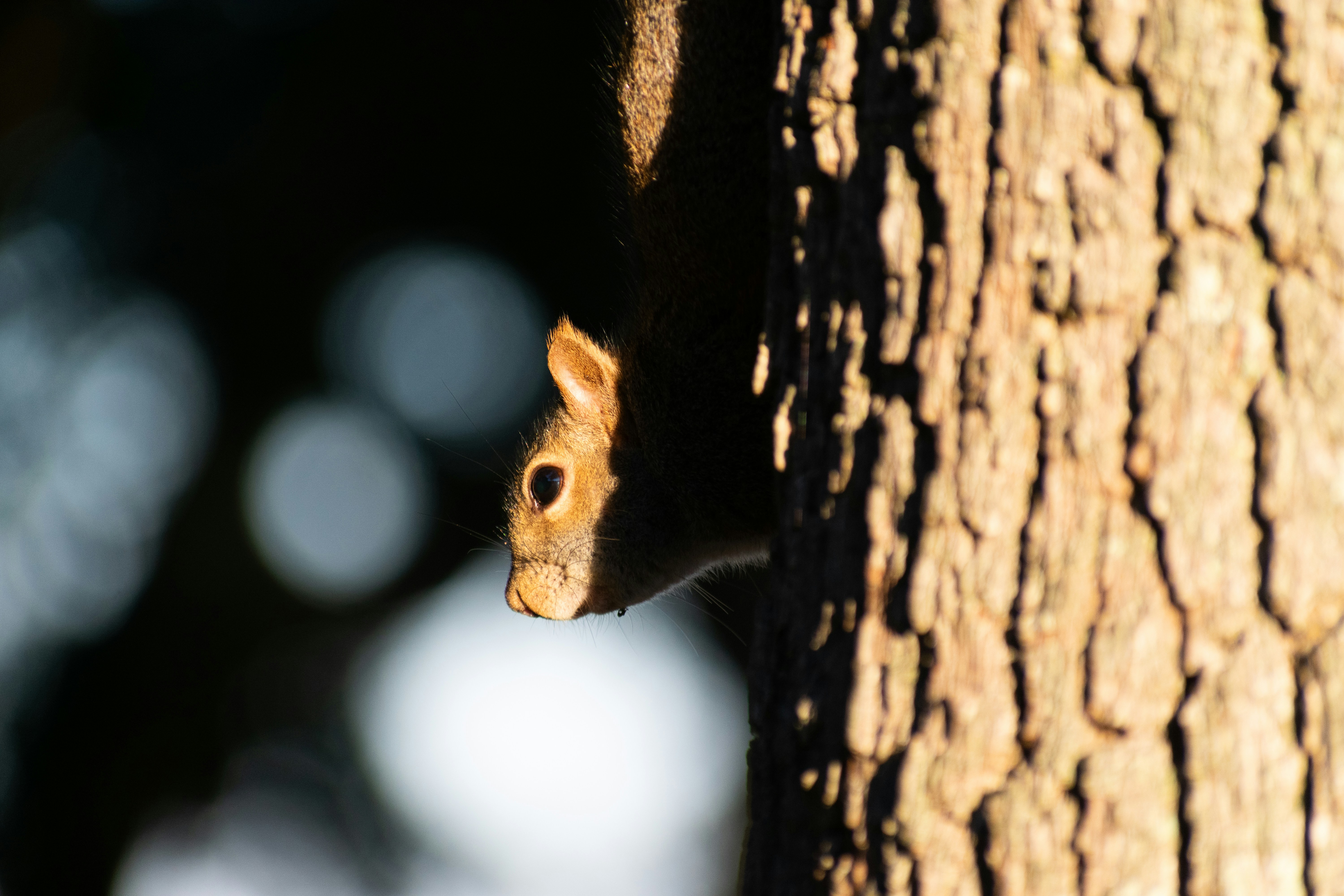By the time the last days of summer give way to the crisp promise of fall, I'm ready to trade my fishing rod for a rifle. Fall is the most exciting part of the year for me because Michigan's hunting seasons open up one by one. Most hunters start with small game season.
Michigan's squirrel season is one of the first to open, and for me, it's a welcome return to the woods. After more than fifty years, I've never lost my love for this sport. In fact, I appreciate it more with every passing season. It doesn't take a lot of equipment or time, and most everyone already has the proper gear.
While September's daytime temperatures can be daunting, the mornings and evenings are always perfect for a slow stalk through the timber. But don't mistake this simplicity for a lack of challenge.
I've long believed that if you are a good squirrel hunter, you can hunt anything in the woods. A successful squirrel hunter is a master woodsman, plain and simple. You have to be stealthy, observant, and a good marksman - skills that are tested to their limits when stalking a squirrel.
Squirrels are far more intelligent than most people realize. While scientists rank them as highly intelligent animals, right up there with dogs, I don't know if I'd go that far. What I do know is that the wild squirrels of Michigan's forests are nothing like the semi-tame beggars in a city park. These are wild creatures, constantly on alert for predators from every direction.

Watch for movement in the tree canopy.
Master the Art of Still-Hunting
Still-hunting is the art of moving slowly and methodically through the woods, and it is the key to getting close. I'm not talking about a leisurely stroll; this is a deliberate pace that will truly test your patience.
- Move Deliberately: Take only a few quiet steps at a time. Before you move, scan the ground to find the best spot for your foot. Place your heel down first and roll your foot forward---it's quieter and more stable than tiptoeing, which will only tire you out.
- Choose a Silent Path: Let your ears be your guide. Stick to old deer trails, logging roads, or soft-soiled ground that will muffle your footsteps.
- Use Cover, Don't Disturb It: Use trees and brush to break up your outline. Duck under low-hanging branches or take the time to go around them, but never push them aside. A shaking limb is a dead giveaway to every animal in the area.
- Slow is Smooth: Every movement must be slow and fluid. Sudden movement is an alarm bell in the otherwise motionless woods.
- Pause and Listen: After each short move, pause for several minutes. The most successful hunters are universally patient. Let the woods settle down and listen. Your ears should be open wider than your eyes, straining for the sound of falling nut hulls, leaves rustling on the forest floor, claws scrambling on bark, or the tell-tale gnawing on an acorn or hickory nut.

Hunt the Food, Not Just the Animal
Success often comes down to positioning. Instead of wandering aimlessly, focus your efforts where squirrels are most likely to be. During the fall, hickory, oak, and beech trees are prime feeding spots. Identifying these food sources will drastically increase your chances of an encounter. When you find a promising spot to wait, settle in slowly and quietly. Any sudden noise at the start can spook every squirrel in the vicinity before your hunt has even begun.
The Unseen Challenge: Outsmarting Their Senses
Even when you do everything right, you can still be beaten. Have you ever been sitting motionless in a deer stand, perfectly camouflaged, only to have a nearby squirrel suddenly erupt in a fit of barking? It scrambles up a tree, jerking its tail with each sharp call, seemingly staring right at you. You didn't move a muscle, so how did it know you were there?
For years, this puzzled me. Was it my camouflage? Did it spot the motionless "blob" of a human in a tree where there shouldn't be one? I've since learned that the answer likely lies in a sense we often overlook: smell.
Squirrels possess an excellent olfactory sense. That squirrel's expanded foraging likely crossed a threshold and caught your human odor.
To a wild creature that rarely encounters people, that scent is "off." It's a foreign smell that instinct tells them to be wary of. They aren't necessarily afraid of you - they're just warning the entire forest that something isn't quite right.
Most hunters don't even think about it, but this realization deepens the challenge. It's not just about being unseen and unheard. This is why stalking into the wind will always pay off more than stalking with it at your back - even for squirrels.

Ultimately, the lessons learned in the squirrel woods are universal. The patience you practice while waiting for a bushy-tail to emerge from a den tree is the same patience you'll need for a buck to step into a clearing. The stealth you use to creep into shotgun range will help you sneak up on a flock of fall turkeys.
Squirrel hunting is an ideal way to practice and sharpen essential skills. It's a valued tradition that brings you back to the basics of hunting and sharpens skills that are useful for all types of hunting.
I rarely see other squirrel hunters when I go, but after reading this, my hope is to run into you this September and swap hunting stories!